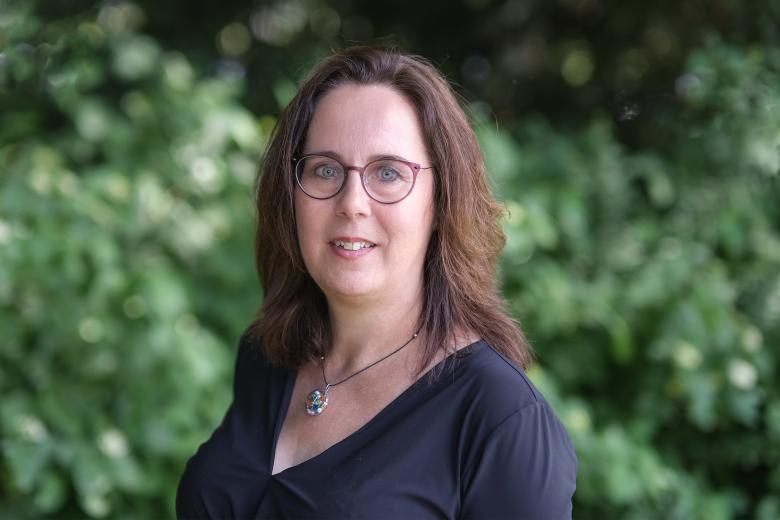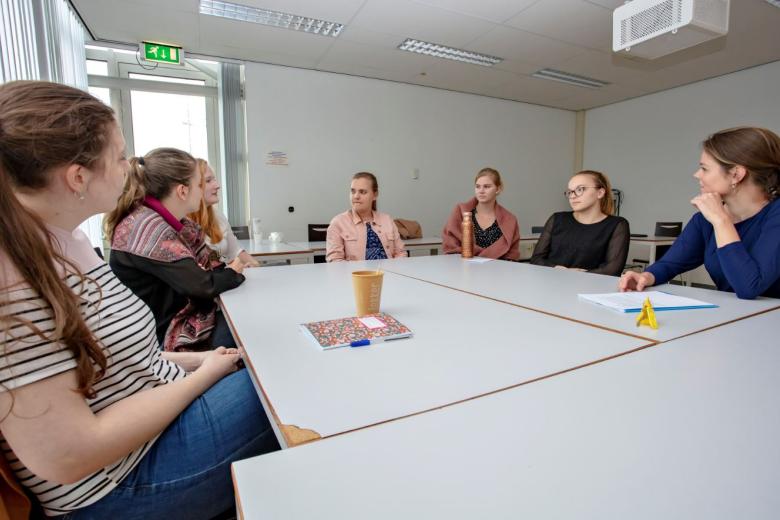Loes van Bokhoven (CAPHRI) aims to improve care in GP practices and contribute to the personnel challenges in the region.
Darian Meacham appointed co-investigator in national ROBUST programme
- Researchers
The programme boosts fundamental research in artificial intelligence through public-private collaborations.
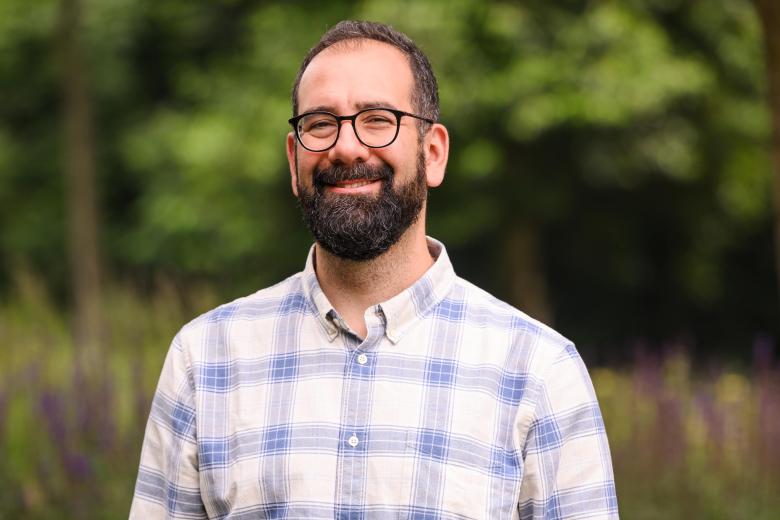
New insight into the role of brain changes in psychiatric disorders
- UM news
It has long been known that in some psychiatric disorders certain parts of the brain show slight abnormalities.
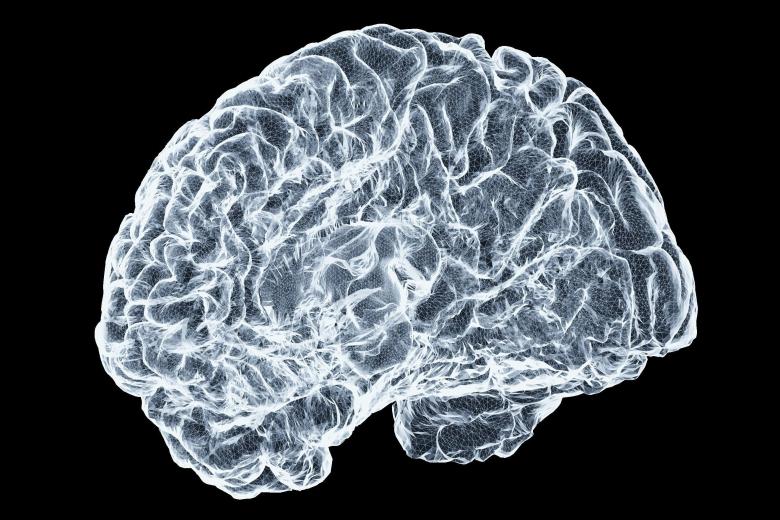
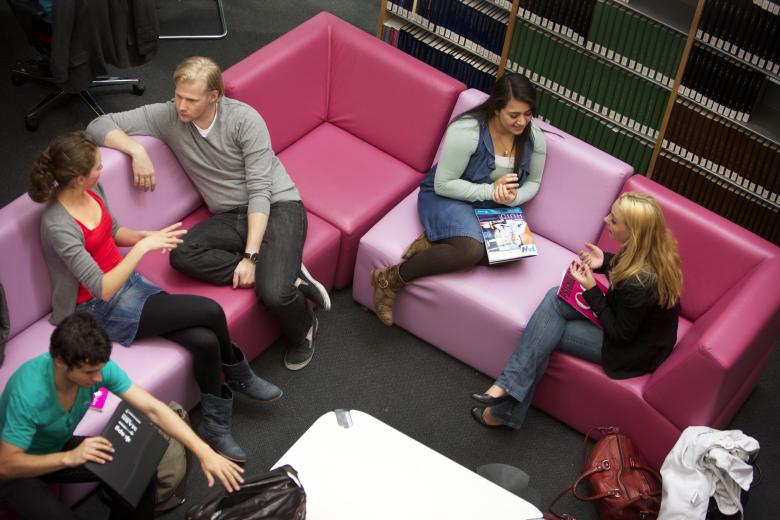
In follow-up studies, interest may be in the duration between a specific starting event, such as an initial heart attack, and a specific end event, such as a subsequent heart attack
- Part time
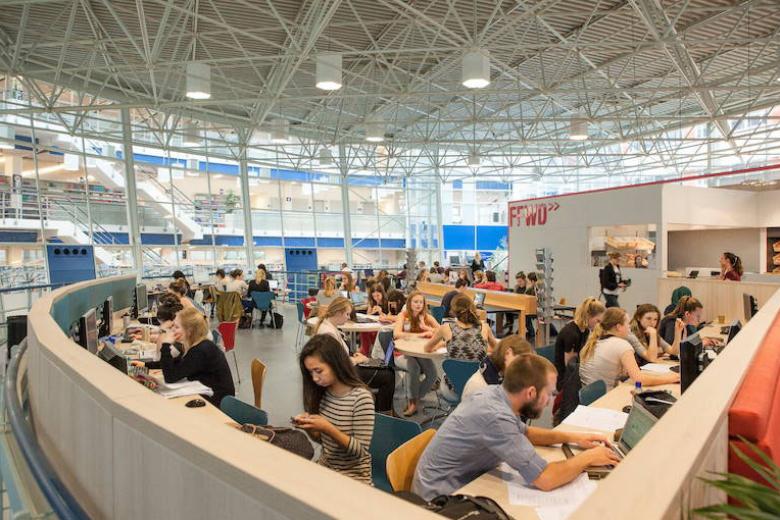
This is an intro to the statistical techniques used to determine intervention and group effects, while correcting for potential confounding variables. It also offers participants the opportunity to practice these methods using SPSS and/or R.
- Part time
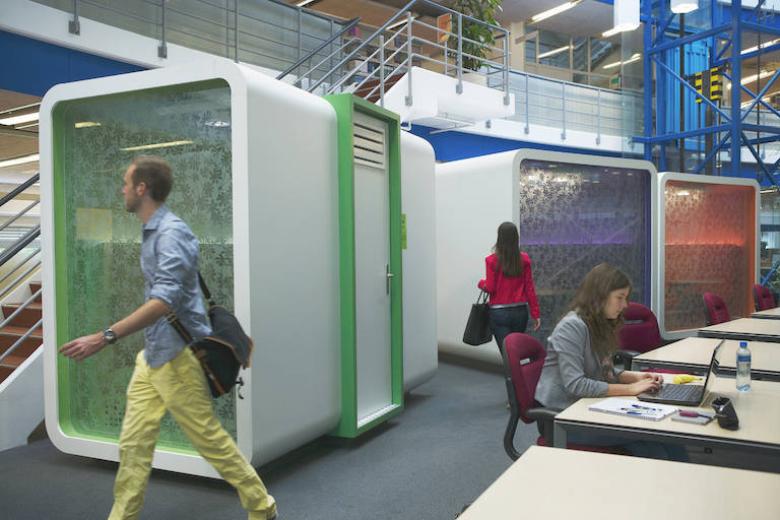
Multilevel models are a class of regression models for data that have a hierarchical or nested structure. Repeated measurements in longitudinal studies or patients nested within hospitals are examples of data with a hierarchical structure.
- Part time
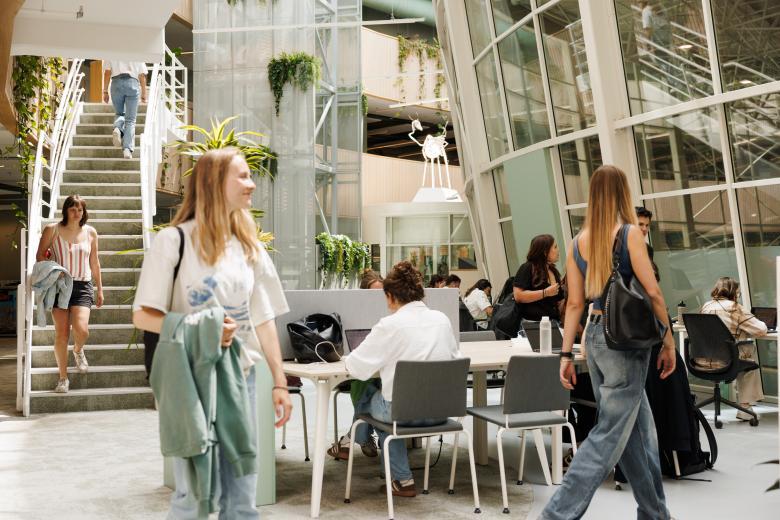
This course aims to equip researchers with the statistical knowledge necessary to plan and perform reliability, agreement and validity studies of measurement instruments providing quantitative or qualitative information.
- Part time
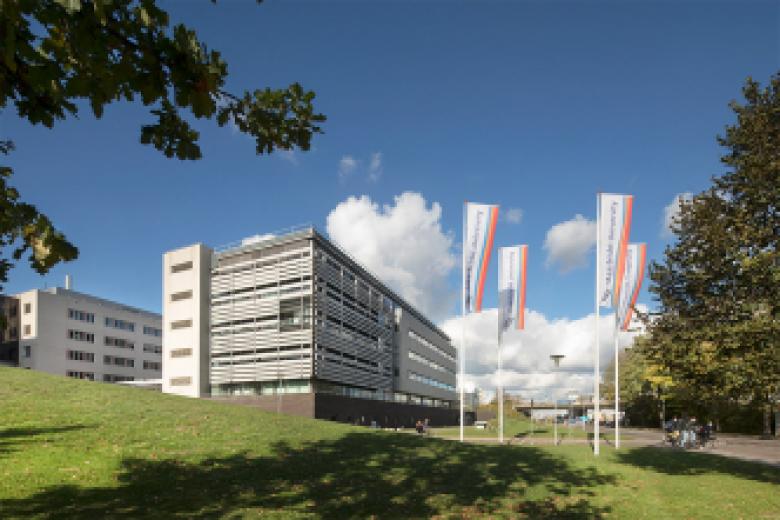
Under Dutch law (Art. 9 Wod), animal experiments may only be conducted if overseen by someone with legally required qualifications. Completing this course is one of those requirements and is essential to carrying out such experiments lawfully.
- Part time
